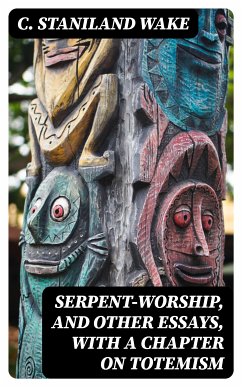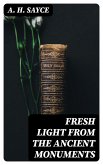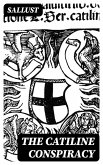In "Serpent-Worship, and Other Essays, with a Chapter on Totemism," C. Staniland Wake delves into the intricate tapestry of animal symbolism in human belief systems, focusing particularly on the pervasive motif of serpents across cultures. The essays present a compelling analysis of how serpent worship intersects with religious practices and totemic beliefs, utilizing a comparative approach that embraces folklore, anthropology, and psychology. Wake's prose, rich in scholarly insight yet accessible to the lay reader, elevates esoteric themes into poignant cultural reflections, making it both a scholarly study and a thoughtful meditation on the human experience. C. Staniland Wake was an esteemed ethnographer and scholar whose work primarily revolved around mythology and anthropology. His extensive travel and fieldwork among various indigenous cultures provided the foundational experiences that informed his examinations of religious symbolism. Drawing from a vast reservoir of interdisciplinary knowledge, Wake crafted this collection as both an exploration of the serpent's significance across various traditions and a personal inquiry into the primitive underpinnings of spirituality. I highly recommend "Serpent-Worship, and Other Essays" to anyone interested in the intersections between culture, mythology, and religion. Scholars, students, and casual readers alike will find Wake's insights not only enlightening but also relevant to contemporary discussions about the significance of symbols in understanding human behavior and belief.
Dieser Download kann aus rechtlichen Gründen nur mit Rechnungsadresse in A, B, BG, CY, CZ, D, DK, EW, E, FIN, F, GR, H, IRL, I, LT, L, LR, M, NL, PL, P, R, S, SLO, SK ausgeliefert werden.









